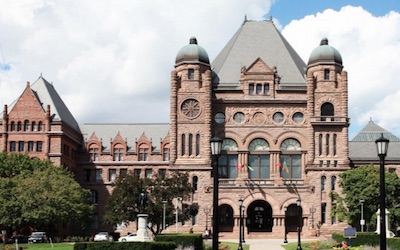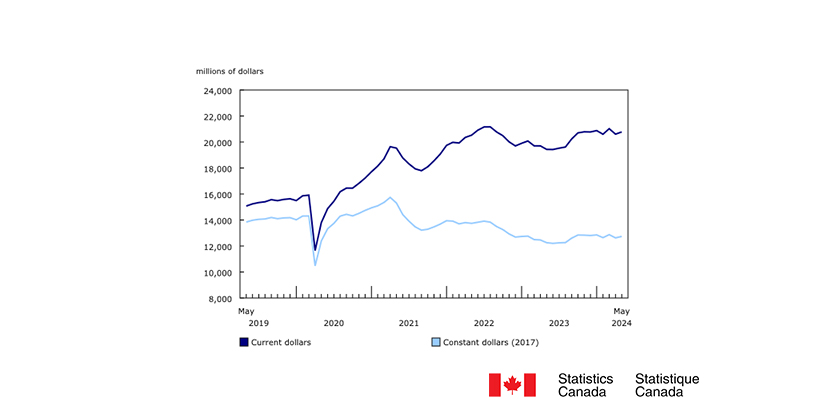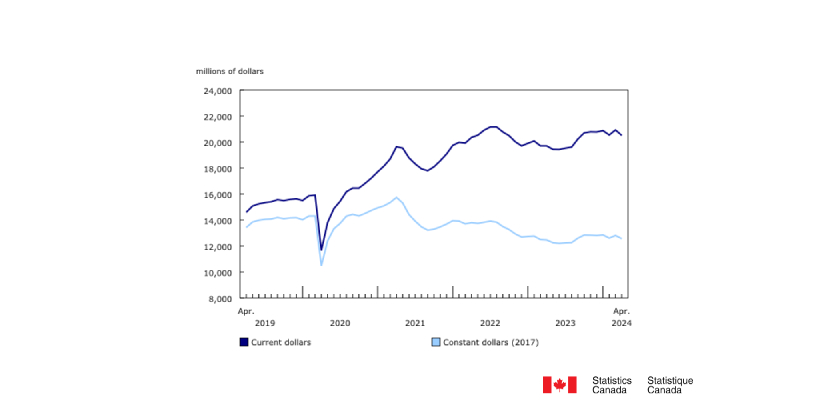Solar and Wind with Battery Storage are Set to Produce Cheaper Electricity than Natural Gas in Alberta and Ontario: Report

February 14, 2023
In Alberta and Ontario, wind can now produce electricity at lower costs than natural-gas-fired power—with even more reductions on the horizon, according to a new report from Clean Energy Canada, which was informed by research commissioned from Dunsky Energy + Climate Advisors.
The Future of Solar and Wind
Even without carbon pricing, wind power is set to be 40% cheaper than gas-fired-power in both provinces by 2030. Solar power, meanwhile, is already cheaper than natural gas power in Alberta and is on track to be 16% less expensive by the end of the decade.
When battery storage is included, both wind and solar are already cost-competitive in many scenarios. And if gas-fired electricity is subject to Canada’s full carbon price, given its role as a climate-change-causing fossil fuel, the economic case for wind and solar gets even stronger.
The data presented in the new report, A Renewables Powerhouse, is among the first to compare the province-specific costs of these types of electricity in Alberta and Ontario.
With both provinces contemplating adding new natural-gas-fired power to their grids as older coal and nuclear facilities are phased out, this information should help inform decisions about the future of electricity in Canada. Until now, many forecasts used in decision making were made with data that is out of date or from other countries.
Net-Zero Electricity
What’s more, the federal government has committed to creating a net-zero emissions electricity grid by 2035, and the regulations that will support it are currently being drawn up. Because power plants typically operate for decades, decisions made today will have major implications for Canada’s ability to hit this key milestone. And because clean electricity is also needed in other sectors of the economy, a decarbonized grid is also crucial for Canada’s goal of achieving net-zero emissions by 2050.
The new analysis comes as countries around the world—in Europe in particular—accelerate the move to renewables to insulate themselves from fossil fuel price shocks like the one brought on by the Ukraine war.
The report offers a number of recommendations for how provincial and federal governments can maximize the role of clean electricity on Canada’s grids, from greater investment in wind and solar, to providing policy certainty, to supporting the uptake of storage solutions.
Key Facts
- With Canada’s full carbon price, solar power with storage is set to be at least 28% less expensive by 2030, while wind with storage would be at least 59% cheaper.
- In a net-zero world, wind and solar capacity would likely make up between 34% and 72% of installed electricity capacity in Canada by 2050, up from 10% in 2020, according to the Canadian Climate Institute.
- A recent long-term outlook from Alberta’s energy regulator used renewable cost estimates prepared in 2018, which forecast prices out to 2025 for wind and solar that were more than double the cost at which the electricity was actually being purchased in 2021.
- Electricity bills in Europe increased 70% year-on-year after Russia’s invasion of Ukraine fuelled a rise in the price of natural gas.
- Germany has plans to double its wind and almost quadruple its solar capacity by 2030.
- The federal government has promised to reach a net-zero electricity grid by 2035 through its forthcoming Clean Electricity Regulations.

















